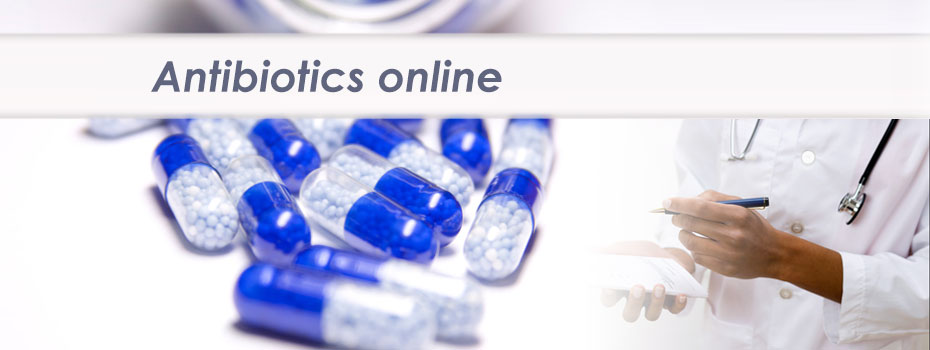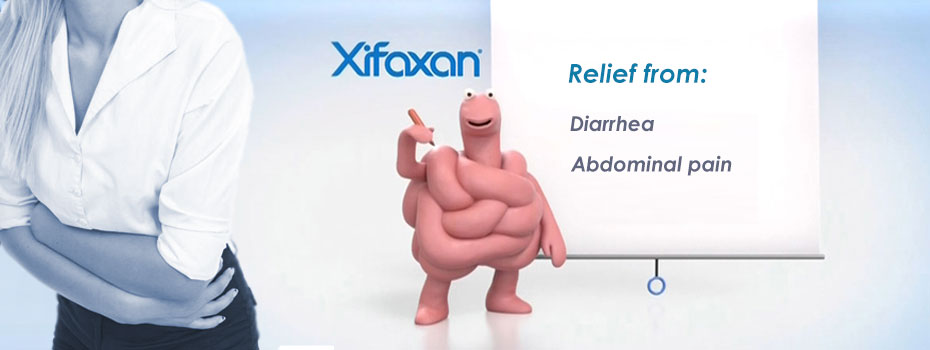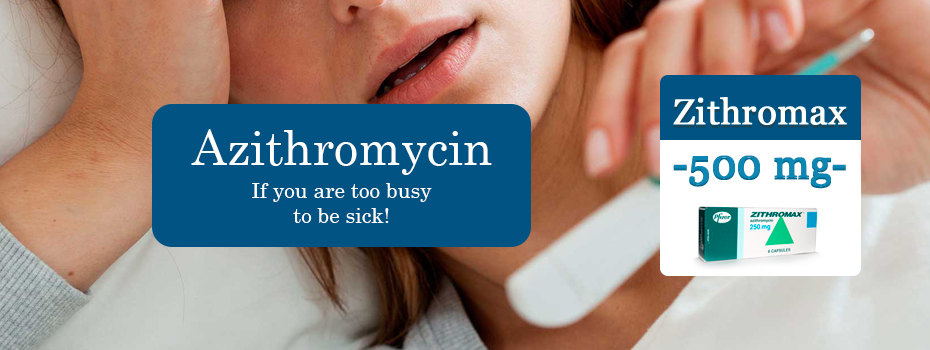When and how you should use antibiotics
The discovery of antibiotics actually saved many lives. At the same time today, a situation where antibiotics are sold without a prescription start using. The harm to the human body is applied is enormous. We asked the doctor of osteopathy, in some cases, taking antibiotics is not justified, and when without them not to manage.
The history of the discovery of antibiotics
The history of the emergence of antibiotics in the distant past when our ancestors noticed that green mold helps in the treatment of severe septic wounds. But in those days nobody knew anything about germs or about antibiotics. The first scientific description of the therapeutic action of green mold made in the '70 of the 19th century Russian scholars Viacheslav Manassein and Alex Poletaev. Then a few decades on green mold has forgotten, and only in 1929 it became a sensation that changed the scientific world.
Indications for use of antibiotics
Traditionally, the antibiotics are divided into groups according to their chemical composition and effect on bacteria: penicillins, cephalosporins, macrolides, tetracyclines, aminoglycosides, antifungals. The indication for the use of antibacterial drugs — the presence of a severe bacterial infection in the treatment which safer drugs have been ineffective. Mandatory use of antibiotics in streptococcal infection: sore throat, scarlet fever, erysipelas, suitable — ARVI, complicated by pneumonia, otitis, sinusitis, bleeding in the stool. Acute respiratory infections, SARS, influenza, measles, rubella, and other uncomplicated viral diseases, as well as in fever, bacterial nature of which has not been proved, to apply antibiotics should not be, including children and infants. They will, at least, useless.
Surgery is the concept of antibiotic prophylaxis to prevent the development of postoperative purulent complications. Previously, for this purpose was conducted a week's course of antibiotics. In modern surgery use of peri-operative prophylaxis when patients take antibiotics before surgery, and the surgeons make the first incision when the amount of the drug in the tissues reaches a maximum value. During surgery or after an antibiotic is administered once. This scheme allows to avoid the lengthy courses of treatment.
How do the antibiotics?
Each of the antibiotics of different mechanism of action. It is therefore important to take the full course of antibiotics and to select their correct dosage. Make it can only the doctor. A big problem for the treatment of bacterial infections is that the microorganisms produce resistance, i.e. resistance to antibiotics. The stories of the doctors of the old school, in the old days to treat the most severe form of peritonitis in the abdominal cavity of the patient, it was enough to introduce a 100 000 units of penicillin, and any peritonitis took place at a time. Now, even if penicillin is used, which is very rarely, doses up to several million units per day. This is due to the incorrect application, dose and frequency, and compliance with a course of antibiotics.
To cure bacterial infection need to take antibiotics for 7-10-14 days or more — it depends on the type of drug and infection. In no case can not throw medication, when the crisis passed and came the first improvements. The fact that every organism its development cycle, and in order to fight off the infection, the duration of the course must cover multiple cycles of development, to kill the organism at any stage.
What happens when instead of 7 or 10 days the patient takes the antibiotic for 3 days? Feeling relieved and stopping to drink the drug, the patient himself without realizing it, "helps" to form in the body strains resistant to antibiotics. For clarity, imagine any blockbuster in which the main character struggles with the bandits. And now it has them cornered, pulls out his gun, pulls the trigger, and no more bullets. The same thing happens with incomplete treatment with antibiotics. The organism receives information about that this antibiotic his deadly, and are about to be defeated last "uninvited guests" that are left in your body. And then the medication stops, the organism begins to rapidly recover, and reproduce precisely those forms which were resistant against the antibiotic.
Side effects
Antibiotics, like all drugs, can cause side effects. This is mainly allergic and toxic reactions. It is important to remember that the antibiotic in Greek means "against life". Our body is not sterile, and that he functioned well, there are a lot of friendly mikroorganizmov — saprophytes. The antibiotic kills the "good" bacteria, one of whose task is to keep the pathogenic flora. Therefore, the background of taking antibiotics very often develop fungal diseases, frequent constipation, diarrhea, dysbiosis associated with changes in intestinal flora. Pregnant women it is important to know that antibiotics cross the placental barrier and can cause abnormalities in the fetus.
As an alternative therapy, there are drugs that do not have such severe side effects. This enterosorbents, probiotics, Immunopreparat biological agents. Also do not forget about the "natural antibiotics". Onions, garlic, herbs, cranberry, grapefruit, Apple cider vinegar, tea tree oil, thyme oil, ginseng, propolis, mummy, green tea, herbal teas, solutions of silver are not inferior in its action to synthetic counterparts. One of the benefits of natural antibiotics is that the microorganisms against them will never be able to develop the protective factors, which cannot be said about synthetic drugs.
If, however, without antibiotics the infection to win is not possible, then they should take only after consulting with your physician, who will prescribe the antibiotic with the least side effects, the correct sign for the course of treatment and daily dose. And to minimize the negative impact of antibiotics on the body, during treatment should eat more dairy products.
All truth about genericsResistance to antibiotics serious threat to public health careShould I be afraid of antibiotics










